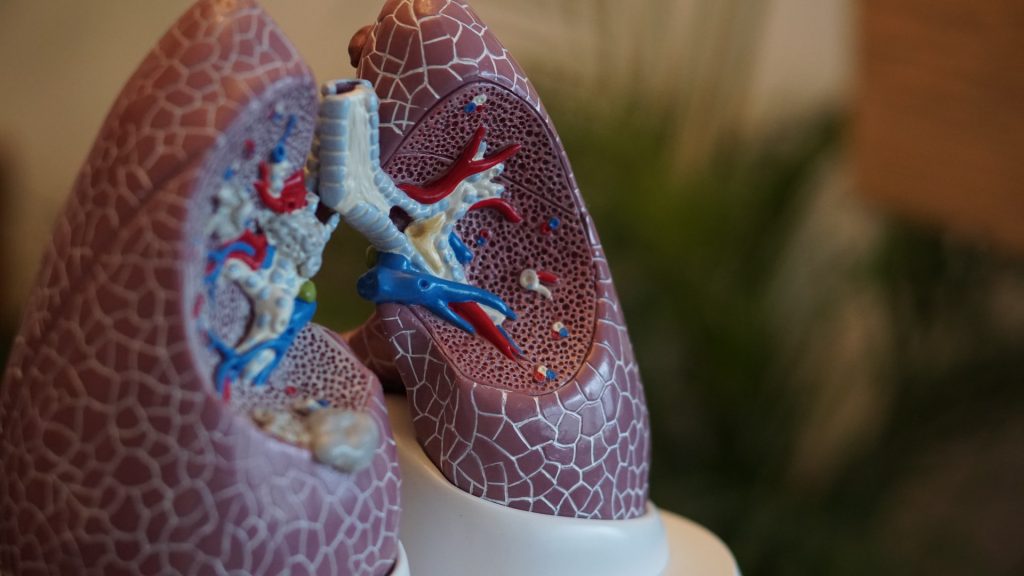Bisexual People Have Over Twice the Rates of Lung Diseases

A new national study found that bisexual Americans had over two times the rates of lung diseases including asthma as heterosexual adults.
The study, published in Annals of the American Thoracic Society, analysed data from 12 209 adults in the National Longitudinal Study of Adolescent to Adult Health. Overall, 29% of bisexual adults reported experiencing lung disease compared to 14% of heterosexual adults. There is consistent evidence that bisexual individuals are at increased risk for negative health outcomes (such as mental health, substance use, and sexual health problems) compared to monosexual (heterosexual and gay/lesbian) individuals.
“Higher levels of discrimination experienced by bisexual people could lead to more stress and lead to inflammation or stress hormones which would worsen asthma,” said lead author, Jason Nagata, MD, assistant professor of paediatrics at the University of California, San Francisco. “Bisexual adults have been shown to have worse health outcomes across a number of physical and mental health domains, and we add to this literature by showing disparities in asthma and other lung diseases.”
Even people who identified as ‘mostly’ heterosexual had higher rates of asthma than those who identified as exclusively heterosexual. Mostly heterosexual individuals may also face discrimination but may not be ‘out’, with access to the social support and communities ‘out’ LGBTQ+ people have available.
“Medical professionals, social workers, and clinicians need to be aware of these sexual orientation disparities in health outcomes,” said co-author Kyle T Ganson, PhD, assistant professor at the University of Toronto’s Factor-Inwentash Faculty of Social Work. “Providing appropriate and tailored care is needed to address these disparities.”
“Some sexual minorities may be less likely to seek care due to barriers to accessing health care or experiences of discrimination at a clinician’s office. Doctors should offer materials on LGBTQ health, publicise nondiscrimination statements and have inclusive forms for sexual minorities,” Prof Nagata added, “so that they’re not discouraged from seeking care.”
Source: EurekAlert!

